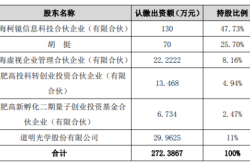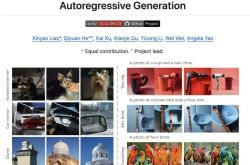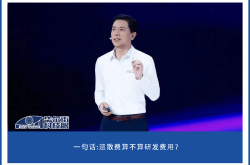530,000 Exports, Accounting for Over 48%: The King of External Expansion Rises to the Second Largest Automaker, Two Major Advantages That BYD Can Only Envy
![]() 07/22 2024
07/22 2024
![]() 685
685

Woodcutter, Creator, Car, and Jianghu Together Witness the Rise of China's Automotive Industry
Can you believe that the quietly dominant Chery is actually the export champion.
In the first half of this year, Chery sold a cumulative total of 1.1 million vehicles, with exports reaching an astonishing 530,000 vehicles, accounting for over 48%.
If BYD is the king of internal competition, then Chery is the king of external expansion.
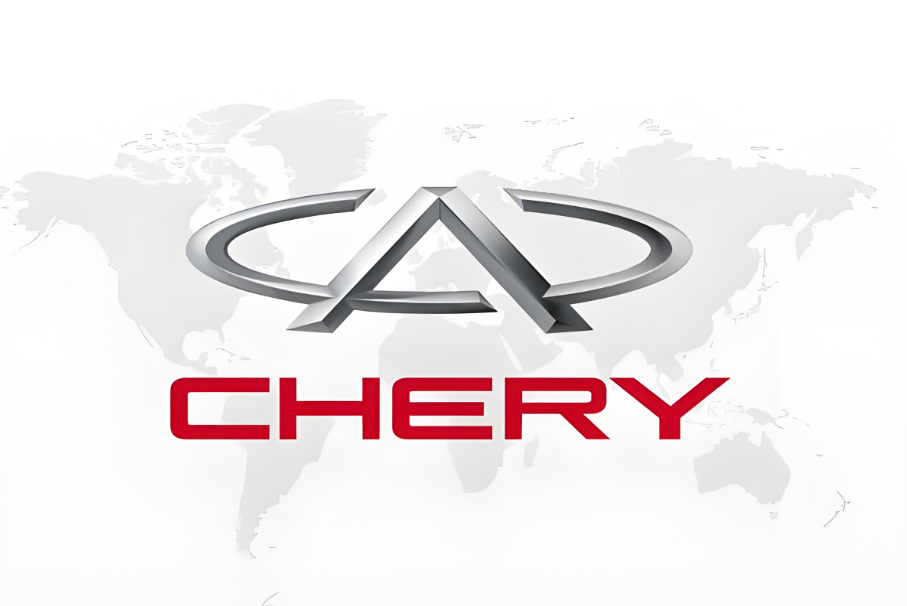
1. Selling 1.1 million vehicles in half a year, ranking second among domestic brands, Chery creates an external expansion reversal model
According to public information, in June, Chery sold 200,412 vehicles, a year-on-year increase of 38%. Among them, exports were 97,034 vehicles, a year-on-year increase of 22.7%; and new energy sales were 44,851 vehicles, a year-on-year increase of 230.6%. From January to June, the group sold a cumulative total of 1,100,621 vehicles, a year-on-year increase of 48.4%, achieving a record high with sales exceeding one million vehicles for the first time in a half-year period.
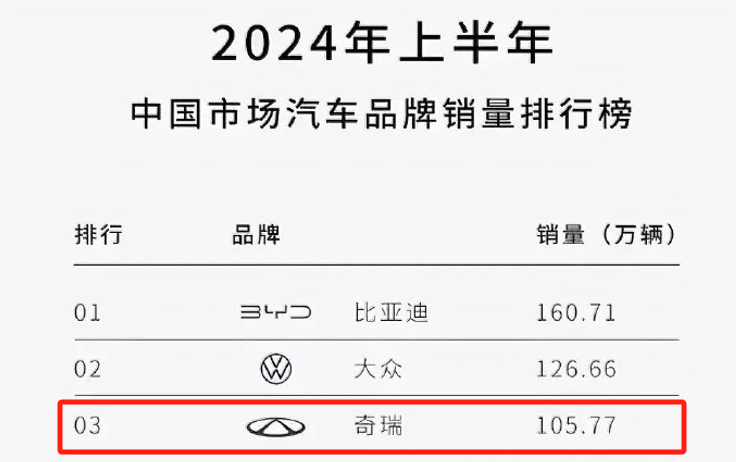
Particularly noteworthy is that out of Chery's 1.1 million sales, 568,463 vehicles were sold domestically, accounting for 51.6%; while 532,158 vehicles were exported overseas, accounting for a whopping 48.3%.
In a horizontal comparison, Chery's overseas sales account for a relatively high proportion. BYD's overseas sales in the first half of the year were 203,000, accounting for a much smaller proportion.

Exports are essentially external expansion, and Chery's success in external expansion has created a reversal model distinct from BYD's, which holds significant meaning and reference value.
If BYD represents an internal competition reversal model, then Chery represents an external expansion reversal model.
Internal competition is about existing capacity, while external expansion is about new capacity. Internal competition is like snatching food from the jaws of a tiger, bound to lead to fierce struggles; external expansion is like creating an oasis in the desert, where success speaks for itself.

Relatively speaking, external expansion has almost no impact on the domestic industry; internal competition, on the other hand, can cause a certain degree of impact on the domestic industry.
Whether it's internal competition or external expansion, there is no distinction between superiority and inferiority; only what suits oneself is the right path.
2. Chery's Two Major Advantages That BYD Cannot Envy
Chery's high-level strategy has given it two major advantages that BYD can only envy.

First Major Advantage: Concurrent Growth in Both Oil and Electric Vehicles.
Chery adheres to a product development strategy of "oil and electric synergy," tailoring optimal solutions for different countries, markets, and users, achieving "double growth" in both new energy and fuel vehicle sales.
Compared to BYD's radical approach of ceasing fuel vehicle production, Chery's business strategy is more prudent.
In the Chinese market, electric vehicles seem unstoppable, but in the global market, the battle between oil and electric vehicles has just begun. The Chinese market is only a part of the world's automotive market, and if electric vehicles face obstacles in going overseas, BYD's situation would be extremely difficult.
Aside from the unresolved issue of spontaneous combustion in power batteries, the development of electric vehicles is also influenced by political factors. For example, Trump is not very optimistic about electric vehicles, even threatening to end Biden's electric vehicle policies once in office.

Furthermore, tariffs have become a major obstacle for new energy vehicles going overseas, with the United States, the European Union, Turkey, and Canada all wielding tariff sticks.
Second Major Advantage: Chery's Better Industry Reputation.
Chery is practically transparent in the automotive industry's public opinion. Apart from recent revelations about overtime issues, Chery rarely finds itself in the eye of the storm.
Compared to BYD, Chery is more low-key and pragmatic.
Chery claims that it has no online trolls, and this is probably true. In similar situations with other automakers, there would undoubtedly be a flood of trolls drowning out the intended meaning of the discussion.
Chery's good industry reputation is largely determined by its external expansion reversal model. Since Chery is not fighting for existing interests, it naturally faces fewer attacks.
BYD's Li Yunfei has publicly expressed the hope that Chery will quickly secure a larger market share to help share BYD's "firepower."
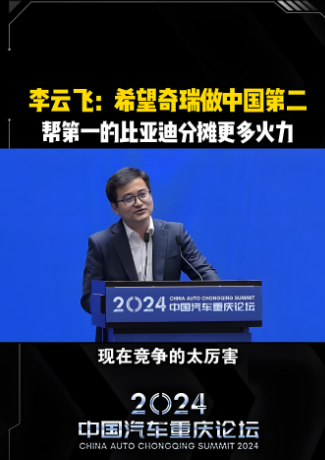
Such thoughts and statements are simply ridiculous. According to Chery's external expansion reversal model, even if Chery becomes the sales champion, competitors' trolls would find it difficult to find attack points and would hesitate to strike. Who dares to attack an automaker that is conquering overseas markets!
3. Attention Needs to Be Paid to Labor Issues
As the saying goes, no one is perfect, and Chery has been exposed to some overtime issues. If these issues are true, they should and must be addressed. The progress of an enterprise cannot be separated from the efforts of its entire workforce.
Radical statements like "if you can't stand overtime, you can leave" are naive.
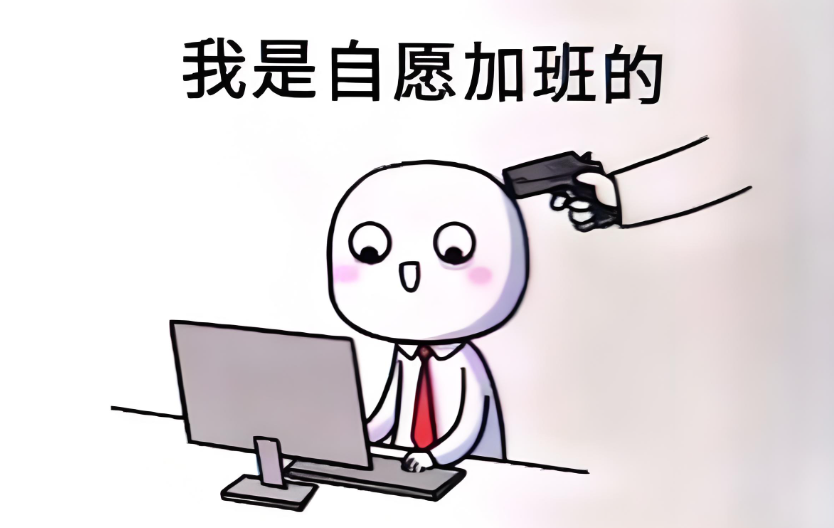
While employers often hold a strong position in the hiring process, they cannot abuse this power. They cannot excessively pressure employees simply because they have burdens or have not found another job and are afraid to resign. Such practices are not sustainable.
In today's China, it's not a matter of who is weaker having the right, nor is it a matter of who is stronger having the right.
The future trend is that labor costs will continue to rise. Enterprises should adopt high standards for labor costs as soon as possible, adapt to the future environment in advance, and find a balance between prices for enterprises, suppliers, employees, and consumers. Instead of blindly squeezing frontline benefits to gain price advantages and engage in price wars with competitors.


